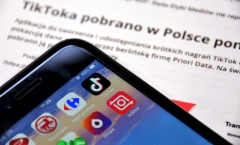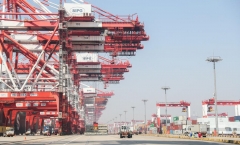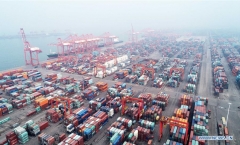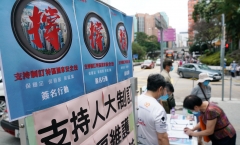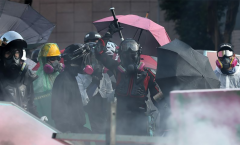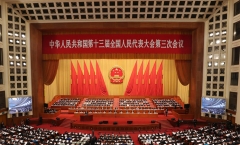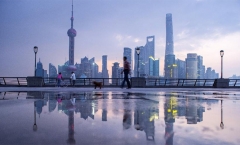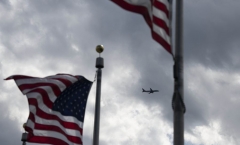Will National Security Laws Affect HK’s Status as International Financial Center?
Hong Kong is unfortunately being used as a political football against China by certain outside forces. It is urgently necessary for the HKSAR financial sector to hedge against this move by the U.S. in order to maintain Hong Kong’s status as an IFC.
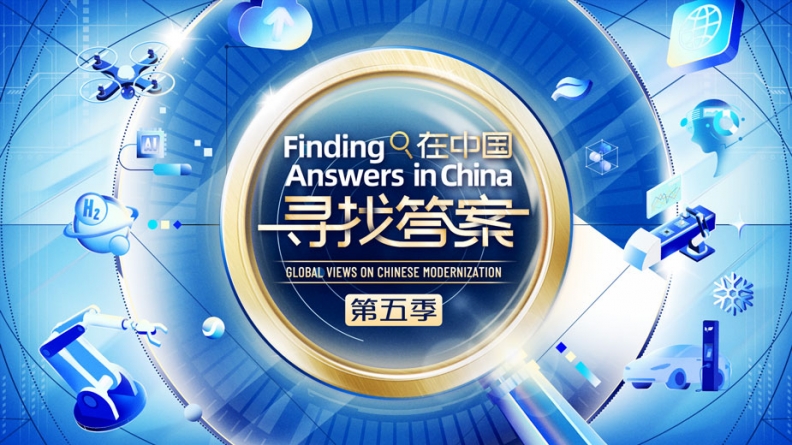
 Facebook
Facebook
 Twitter
Twitter
 Linkedin
Linkedin
 Google +
Google +

